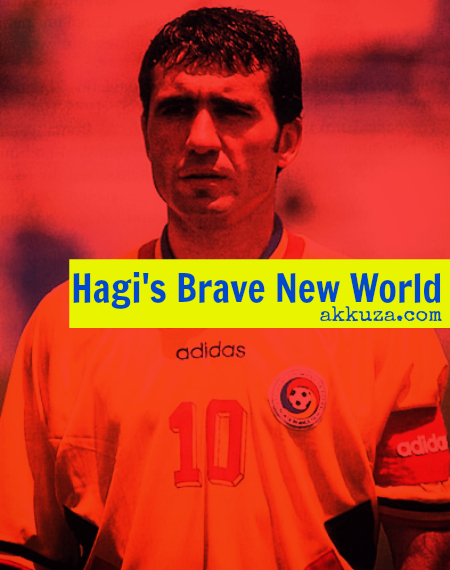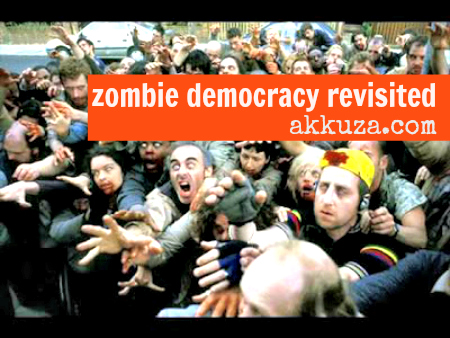 The first edition of Charlie Hebdo since the unfortunate events of last week is out tomorrow. The world has been given a preview of the front page which depicts a tearful prophet holding up a placard with the “Je suis Charlie” slogan. The background is in green – the colour of Islam – and the title is “All is forgiven”. The plan is to distribute the special 16 page edition (3 million copies are being printed) in at least 25 countries. It has been translated into four languages, including Arabic.
The first edition of Charlie Hebdo since the unfortunate events of last week is out tomorrow. The world has been given a preview of the front page which depicts a tearful prophet holding up a placard with the “Je suis Charlie” slogan. The background is in green – the colour of Islam – and the title is “All is forgiven”. The plan is to distribute the special 16 page edition (3 million copies are being printed) in at least 25 countries. It has been translated into four languages, including Arabic.
There is still a major problem though. To many muslims the mere depiction of the prophet is blasphemous. Charlie Hebdo’s irreverent treatment may be shielded from blasphemy laws in most of France (see next paragraph why most and not all) but when it tries to go worldwide in places such as India the issue of blasphemy might be raised all over again.
In the Alsace-Lorraine region they have a minor problem. On paper, blasphemy is still illegal under an article inherited from the German Criminal Code of 1871 when the region was transferred from Germany to France in 1918. I say on paper because when the League for the Justice defence of Muslims tried to have the law applied before a French court the court declared that the blasphemy law had become redundant due to “desuetude” which in layman terms means non-use for a very long time.
The truth is that outside the worlds where sharia or religious laws infiltrate or are one with secular laws, there is no place for a law on blasphemy. It is redundant. This applies all the more strongly in most liberal democracies where the basic charter of fundamental rights or variants thereof are applicable. Just before the attacks on Charlie Hebdo a group of representatives of the major religions (curiously the word “cultes” is used in French) had petitioned Paris to abrogate what the Archbishop of Strasbourg described as “an obsolete law”.
Blasphemy is inherently inapplicable in a secular state. The difficulties abound especially when it comes to the forces of law and order who are supposed to perform on the spot assessments of what could or could not be blasphemous in order to eventually effect an arrest. Blasphemy is in fact not restricted to one religious belief by definition (even the Maltese law on blasphemy that subsists to this day extends protection to all approved religons). So how on earth can your average policeman, called upon to intervene on a supposed commission of an act of blasphemy , assess the situation without being extremely well versed in the tenets of each and every religion which could be offended?
In truth the issue of offense – which is the other side of the coin of the freedom of expression and which could constitute the barrier or eventual limit to such expression – is sufficiently treated and dealt with in other, wider provisions that deal with that very freedom of expression. Blasphemy is redundant, useless and archaic.
The other problem faced by Western Liberal Democracies (my capitals) is that they must be able to explain the register of rights and duties that are expected of citizens wanting to partake of their civilisation and society. These rights and duties are codified in rules that form the backbone of society and that everyone is expected to abide by. The rules are enacted by representatives of the people with the sovereign will entrusted unto them in open elections. They are applied by the executive branch and interpreted by the judiciary. This civic process ensures that we live in a system of rule of law with clearly defined rights and protection. Cives Europaeus Summus ut Liberi Esse Possimus – we are citizens of Europe (read Western Liberal Democracy) and thus we are free.
In a Western Liberal Democracy you do not take up arms and kill somebody who has insulted you or your beliefs. You react using the tools, rights and laws that are as accessible to you as they are to others. That is what is meant by integration too. You can be a fanatical muslim, an orthodox christian or one of those insufferable atheists pouncing on anything religious at any opportunity. You are expected to behave like a model citizen in order to integrate in the society that welcomes all and gives them a myriad of freedoms so long as they do not hurt others.
It’s simple really. A basic set of tenets that both Yeshua of Nazareth and Mohamet might have subscribed to. It is a society that allows you to be strong in your beliefs while respecting those of others – no matter how irreverent they may seem in your eyes.
Ours is a society where to resort to violence, bullying or savagery in order to impose one’s views is abhorred. In fact it is considered blasphemous.
#jesuisciveseuropaeus



